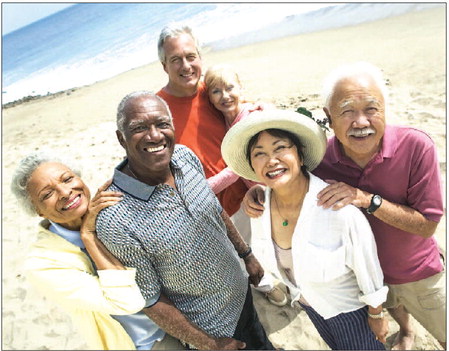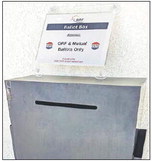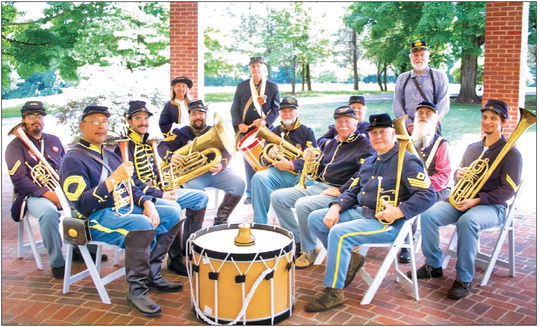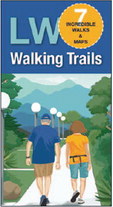Five ways to prevent a life-changing fall


HEALTHY AT HOME
Most people hope to live comfortably and self-sufficiently at home well into their golden years.
The good news is advancements in healthcare and other technology are increasingly allowing aging Americans to live longer at home. The bad news is many are unable to continue to do so once they take a serious fall at home, injuring their hips, heads or other body parts. That’s an all-too-common problem: One in four Americans age 65 and older fall each year, and falling once doubles their chances of falling again, according to the Centers for Disease Control and Prevention (CDC). Falls also are the number one cause of fatal and nonfatal injuries among older adults.
According to experts, several steps can be taken to prevent debilitating falls.
• Recognize your risk. A number of health issues—ranging from arthritis to neurological conditions to vision or hearing loss—can make you more prone to falling. Various medications, the use of alcohol or simple dehydration may also affect your ability to get around safely. Be aware of your issues so you can plan for them.
• Optimize your health. Take responsibility for staying as healthy and fit as possible by remaining active, drinking enough water, limiting alcohol, avoiding smoking and eating a healthy diet with plenty of calcium and vitamin D. Annual physicals, eye exams and bone density tests are recommended. Make exercise a priority, and choose something that you enjoy to maintain your bone health and coordination.
• Safeguard your home. Walk through your home to identify and fix possible obstacles such as slippery surfaces, poor lighting, cluttered pathways, unsecured rugs, electric cords, loose flooring, etc. Consider installing grab bars in the shower, securing loose rugs with slip-resistant backings and installing bright motiondetector lights. Move clothes, kitchenware and other everyday items within easy reach.
• Wear the right shoes. Limit footwear to well-fitting, lowheeled shoes or slippers with rubber or other non-skid soles. Also watch for untied shoelaces. Don’t wear flip flops.
• Maintain an action plan. If you live alone, have someone check on you daily. If you do fall, you may avoid further injury by using your arms to protect your head instead of trying to break your fall. If possible, fall on your side or bottom and roll slightly. If you can’t get up after bracing yourself on a wall or furniture, call a friend, relative or 911 for help. Finally, consider wearing a medical alert device 24-7; you never know where and when you’ll need emergency help, and your cell phone may not always be available.
Once the COVID-19 restrictions are lifted, the HCC will again be able to offer it’s popular Matter of Balance class, which emphasizes practical strategies to manage falls.
People who take the class have praised its content, which focuses on viewing falls as controllable, setting goals for increasing activity, making changes to reduce the chance of falls and learning exercises to increase strength and balance.
Class sign-up information will run in the LW Weekly when it is safe to offer them again.





